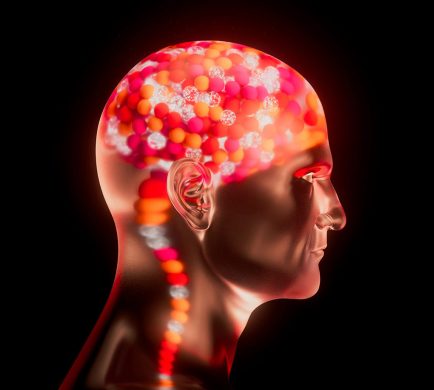By Christopher Maher
For thousands of years, Taoism has helped people around the world overcome pain or discomfort It’s not for everybody, but if you’re suffering from a physical or mental imbalance, it might be the right path for you.
How do you know if you have an imbalance?
If you have a splinter in your finger and your finger hurts, it’s fairly easy to connect the dots between cause and effect. However, if you have unexplained back pain that just won’t go away, chronic headaches, or muscle tension that never releases, you might be suffering from an imbalance.
In all likelihood, you’ve approached the problem from a single dimension, and that won’t do the trick. Instead, you need to address your pain holistically by improving the wellness of both your body and mind, and by addressing your underlying stress, which Taoism can teach.
If you’ve never heard of Taoism, its principles can seem overwhelming, but by starting with the basics, you can determine whether or not incorporating this philosophy into your life would be useful for you.
The Twelve Channels of Energy and Our Organs Form a System
In the philosophy of Chinese meridian theory, the body has twelve primary channels filled with chi, or energy. The Chinese deconstruct energy into twelve distinct and nuanced qualities.
A balanced, healthy body has chi that flows in a constant, unrestricted manner. Within the core of every muscle travels a particular quality of energy that corresponds to a certain state of being and relating in the inner world and outer life.
The way our bodies and minds maintain balance is through the channeling of our energies. The Taoist masters figured out over time that we have specific channels of energy that move from the organs out through the limbs.
In the lower body, we have six channels and in the upper body, six channels. These twelve channels are called primary channels of energy, or “meridians,” and are where our consciousness gets expressed.
Energy flows through our meridians, but it also resides in our organs, each of which has a natural state it must exist in for optimal health. Our natural base state for the heart—the physical body—is love, kindness, and compassion. The natural base state of the liver—the emotional body—is excitement. The natural base state of the spleen—the spiritual body—is righteousness, relative to self, family, community, culture, nation, and globe. The natural base state of the kidneys—the mental body—is fearlessness.
Let’s take a closer look at identifying imbalances so you can recognize if you have one.
Are You Out of Balance?
A core tenet of Taoism centers on balance, which extends to the connection between mind and body. Even if you’ve never heard of Taoism before reading this article, you’ve surely seen a yin-yang symbol, which represents duality and balance. With balance, whatever is happening in your life and emotions is happening inside your body, and vice versa.
Taoists describe these imbalances in terms of temperature contrasts in the energy channels and organs. If an organ gets too hot, which describes a state of hyperactivity and imbalance, it’s going to dump that excess heat down into the channel, which will manifest as emotional and physical anomalies. For example, if my heart is getting excessively hot, it will get expressed as fire in my emotions. This can manifest as anger, frustration, and other negative emotions. Imagine your partner is in a state of fear as it relates to your relationship. If she has more cold in her kidneys than heat in her heart, she is going to withdraw and become unavailable by shutting down her ability to communicate her own innate fears that are being brought to the surface for review.
But if she has more heat in her heart than she has cold in her kidneys, she’s going to be in the attack mode. She’s going to come after all the places where you’re insecure, rather than admit her own insecurities. Fear in the kidneys translates to cold. Fear in the heart translates to heat.
These temperature contrasts result in unbalanced emotions and mysterious pains.
Deciding If Taoism Is Right for You
At this point in your journey, you don’t need to know whether your organs are hot or cold. The first step is to simply recognize that there is an imbalance in your mind or body by identifying pain or discomfort that doesn’t have an obvious cause.
If any of the information in this article rings true for you, Taoist practice might be right for you. Learn more about the philosophy, and you’ll be one step closer to diminishing pain, increasing comfort and having more control over your emotions, and living a stress-less lifestyle.
For more advice on balancing your mind and body through Taoist principles, you can find Free for Life on Amazon.







